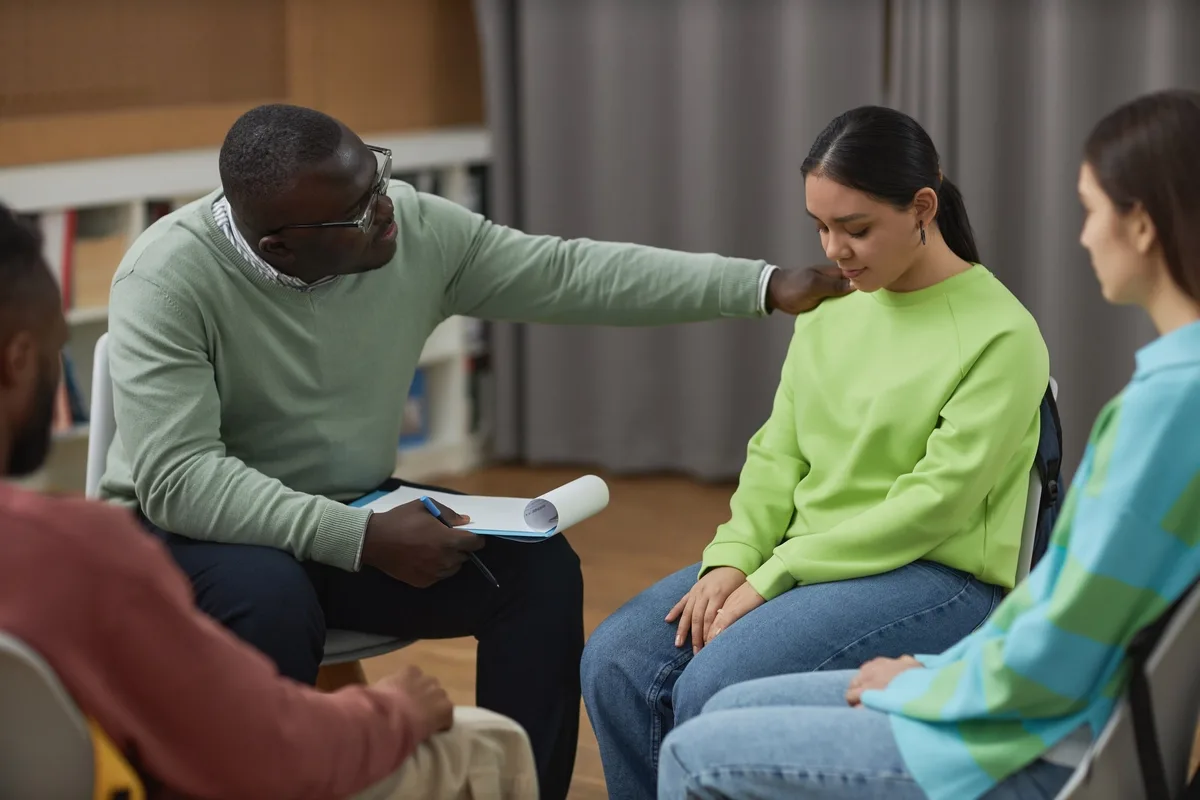24/7 Helpline:
(866) 899-221924/7 Helpline:
(866) 899-2219
Learn more about PTSD Rehab centers in Glen Ullin
PTSD Rehab in Other Cities

Other Insurance Options

Holman Group

Aetna

Evernorth

PHCS Network

Ceridian

Meritain

Self-pay options

Amerigroup

UMR

Health Choice

GEHA

Horizon Healthcare Service
Beacon

Medical Mutual of Ohio

EmblemHealth

BlueShield

Oxford

ComPsych

Absolute Total Care

Humana

North Dakota Adult and Teen Challenge
The reputable North Dakota Adult and Teen Challenge is a nonprofit addiction treatment center that f...







































